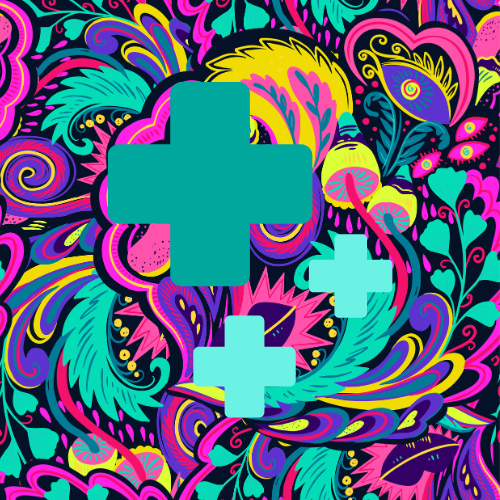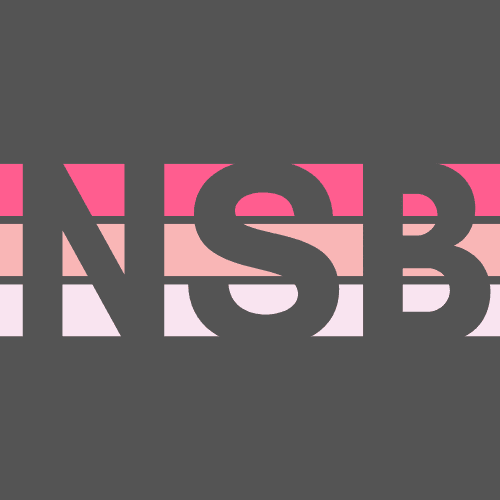
Although humans have historically used hallucinogens in ritualistic settings for millennia, interest in their clinical application of psychedelics for treating mental illness emerged in the 1950s with the isolation of active compounds. However, restrictive legislation in the 1960s and 1970s limited their medical exploration. Despite varying legal statuses globally, many psychedelic substances remain illegal under UN conventions, impeding research progress. The designation of breakthrough therapy by the US Food and Drug Administration for substances like MDMA in 2017 and psilocybin in 2019 sparked renewed scientific interest.

From July 1, 2023, Australia permits authorised psychiatrists to prescribe MDMA and psilocybin for treatment-resistant mental illnesses. Psychedelic drugs, including psilocybin, have shown promise in addressing complex conditions such as addiction, anxiety, major depressive disorder, post-traumatic stress disorder, and end-of-life care.
Psilocybin, derived from over 200 species of fungi, gained attention after its isolation by Swiss chemist Albert Hofmann in 1959. Its mechanism of action is still being elucidated, with recent research suggesting an association between the antidepressant response to psilocybin and increased brain network integration.
Clinical trials have demonstrated marked symptom improvements with psilocybin, often after a single dose, and these benefits appear to be enduring. Placebo-controlled trials have shown significant reductions in symptom severity, with no serious adverse events recorded.
However, safety and ethical concerns persist, especially regarding larger doses and unsupervised use. Adverse effects can include nausea, vomiting, confusion, intensified sensory experiences, changes in perception, and paranoia. While these effects are rare in controlled settings, misuse outside of such environments carries increased risks.
Despite the promising results, concerns have been raised about unethical practices and lingering effects, highlighting the need for stringent protocols and ethical standards. It’s imperative to balance the potential benefits of psychedelic medicines with safety considerations, as with any prescribed medication.
The need for clinical application of psychedelics
Given the urgent need for effective treatments in mental health, the promising results with psilocybin offer hope. Clear protocols, rigorous scientific conduct, and ethical practices are essential to overcome stigma and ensure accessibility to those in need. Regulation and support for research are crucial to develop safe treatment regimens and expand access to psychedelic therapy.



